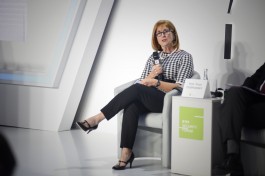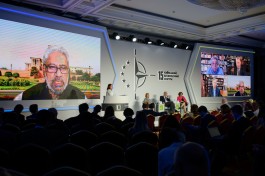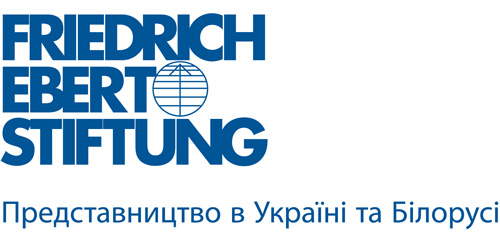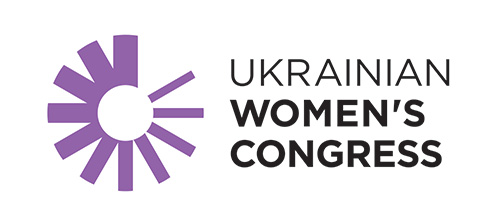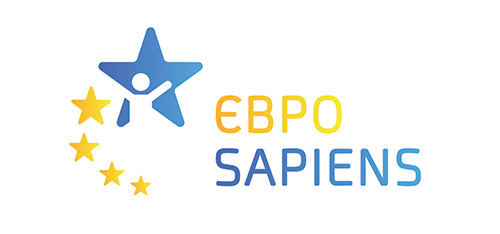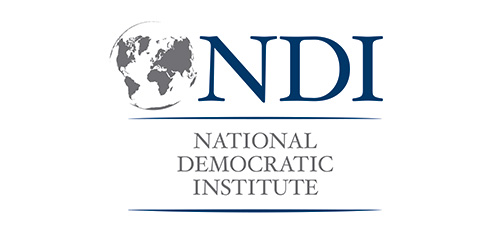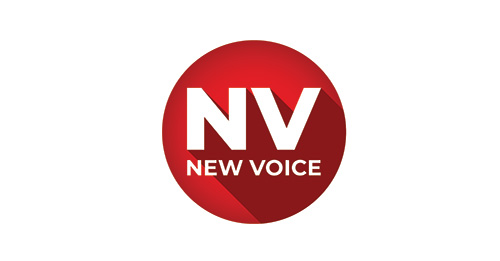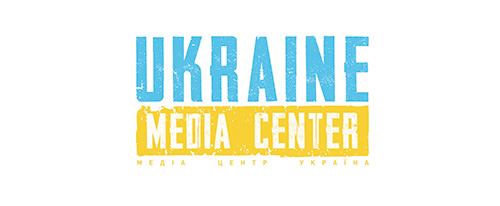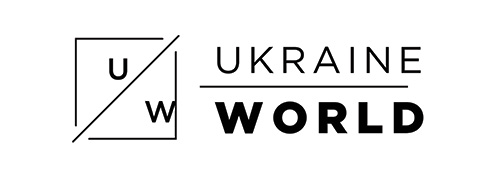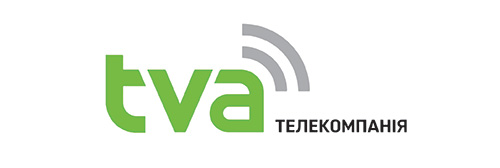James Sherr: Conservatism and National Chauvinism Long Existed in Europe
In a number of European countries, there have been such tendencies as conservatism, populism and national chauvinism for many years.
James Sherr, an Associate Fellow of Russia and Eurasia Program at Royal Institute of International Relations Chatham House (Great Britain), stated this during the 11th Kyiv Security Forum in Kyiv.
“When we talk about conservatism, populism, or national chauvinism – the trends that we see today in Europe – then, from my point of view, they cannot be avoided. The only surprising thing is that they have become known so late,” he said.
J.Sherr noted that the European Union was founded in the postwar period as an economic community and then “it was necessary to move, to go beyond the borders of a nation or a state”.
At the same time, people in Russia “had a close connection to the nation and to the state”.
After the collapse of the Soviet Union, some of the countries joined the EU, “which, in the modern sense of consciousness, was a restoration of their ties with their heritage, their national identity”.
Massive migration had an additional impact on the situation, this applies “not only to migration from some European countries to others but also to the places that are not part of our civilization”.
The British expert further pointed out that Russia failed to create its own project: “The irony is that Russia was less successful in the specific region that was most important for Russia, which was, in fact, its zone of influence, the historic zone of the so-called ‘Russian world’.” He also stressed that Russian democracy “ends where the issue of Ukraine begins”.
For reference:
The annual international event Kyiv Security Forum was launched by the Arseniy Yatsenyuk Foundation Open Ukraine in 2007 as a platform for high-level discussions on the current issues in Europe and the Black Sea region. The Forum aims at increasing security cooperation between the EU and the Black Sea region, raising awareness about regional developments among key regional players, promoting the role of independent and non-governmental actors in setting the security agenda in Europe.
The event is being held with the support of NATO Information and Documentation Center in Ukraine, the German Marshall Fund, The Victor Pinchuk Foundation, The Royal Institute of International Relations, Chatham House (UK), and The Regional Representative Office of the Friedrich Ebert Foundation in Ukraine.


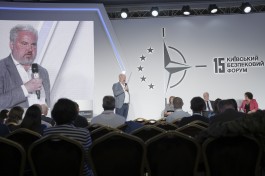
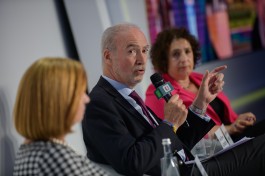
-tmb-265x176.jpeg)
